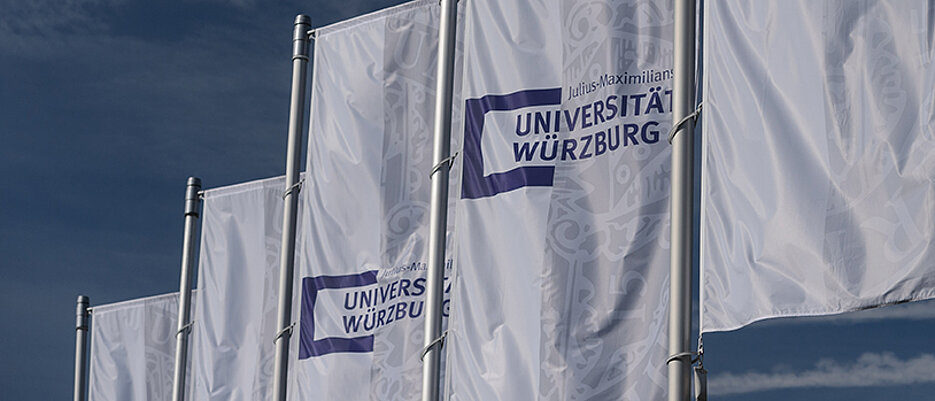New Collaborative Research Centre Seeks Innovative Therapies Against Cancer
05/31/2024The University of Würzburg is part of a new Collaborative Research Centre (CRC) in which innovative therapeutic strategies against cancer are being sought. Another CRC with Würzburg participation will be extended.
The German Research Foundation (DFG) has now approved a new Collaborative Research Centre in the search for innovative therapies against cancer: Researchers from the Technical University of Munich (TUM), Goethe University Frankfurt and Julius-Maximilians-Universität Würzburg (JMU) have joined forces for this purpose. They want to decipher the role that the small protein ubiquitin plays in the development of cancer.
Ubiquitin is found practically everywhere in the body. It controls the function and degradation of a vast majority of proteins and mediates signals that control cell division. "We know that errors in the ubiquitin system can contribute to the development of cancer," says Professor Caroline Kisker, Head of the Chair of Structural Biology at JMU. However, it is still largely unclear what role the protein plays in detail.
The new Collaborative Research Centre "Functionalizing the Ubiquitin System against Cancer – UbiQancer" aims to change this: With a focus on bowel and lung cancer as well as acute myeloid leukaemia (AML) and B-cell lymphomas, the researchers involved want to clarify what role the ubiquitin system plays in these types of cancer. They hope to find potential new targets for cancer therapy.
18 million euros in funding from autumn
The DFG is funding the new Collaborative Research Centre from October 2024 for an initial period of three years and nine months with 18 million euros. The spokesperson is Professor Florian Bassermann from the Technical University of Munich, deputy spokesperson is JMU Professor Caroline Kisker.
"The expertise of the scientists at the three locations and the resulting synergies form an excellent basis for a better understanding of the signalling pathways mediated by ubiquitin and using this knowledge as a starting point for new therapeutic approaches," says the Würzburg researcher.
JMU researchers from the fields of chemistry and pharmacy, medicine and from the Rudolf Virchow Center are involved in the new Collaborative Research Centre.
Existing Collaborative Research Centre Continues
The Collaborative Research Centre "Treatment of motor network disorders using neuromodulation" has been extended for a further funding period (15,3 million euros); the speaker institution is Charité Berlin. The University Hospital of Würzburg is also involved; the local spokesperson is Professor Jens Volkmann, Director of the Neurological Clinic.
This collaborative research centre investigates dynamic nerve networks in healthy and neurologically or psychiatrically ill people in order to specifically influence them through magnetic and electrical brain stimulation. The aim is to develop innovative neuromodulation systems that target individual symptom circuits in neurological movement disorders, such as Parkinson's disease, dystonia or tics, with high precision.
Würzburg Collaborative Research Centres
The University of Würzburg is now involved in a total of 15 Collaborative Research Centres; in addition, there are three CRC under the sole sponsorship of JMU.







